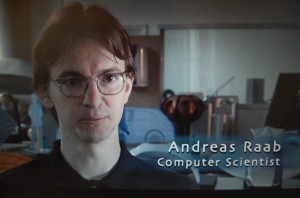This past week, we’ve had quite the discussion around Cecilia Kang’s WashPo piece describing a plan by the FCC to create a national WiFi network by making the right decisions about how to allocate spectrum between licenses for auction and what to leave available for the unlicensed TV white spaces (“TVWS” aka “Super WiFi” aka “Wifi on steroids”). As Kang describes, the FCC’s opening of sufficient spectrum for TVWS could lead to “super WiFi networks (emphasis added) around the nation so powerful and broad in reach that consumers could use them to make calls or surf the Internet without paying a cellphone bill every month.”
Needless to say, the article faced much pushback, despite a subsequent Washpo clarification to indicate the FCC was not, actually, planing to build a network. Amidst the various critics, there were some general defenders of the concept. My colleagues at EFF noted that increasing the availability of open spectrum for WiFi-type uses , and my friends at Free Press argued that such a free public wifi network (or, more accurately, series of networks) is in fact possible if the FCC makes enough good quality spectrum, suitable for broadband and usable out doors, available on an unlicensed basis.
I will now go a step further than any of my colleagues. I will boldly state that, if the FCC produces a solid 20 MHz of contiguous empty space for TV White spaces in the Incentive Auction proceeding, or even two 10 MHz guard channels that could nationally produce two decent sized LTE-for unlicensed channels, then we will have exactly the kind of free publicly available wifi Kang describes in her article. Or, “Yes Cecilia, there really is free national public wifi. Don’t let the haters and know-it-alls tell you otherwise.”
More below . . .






